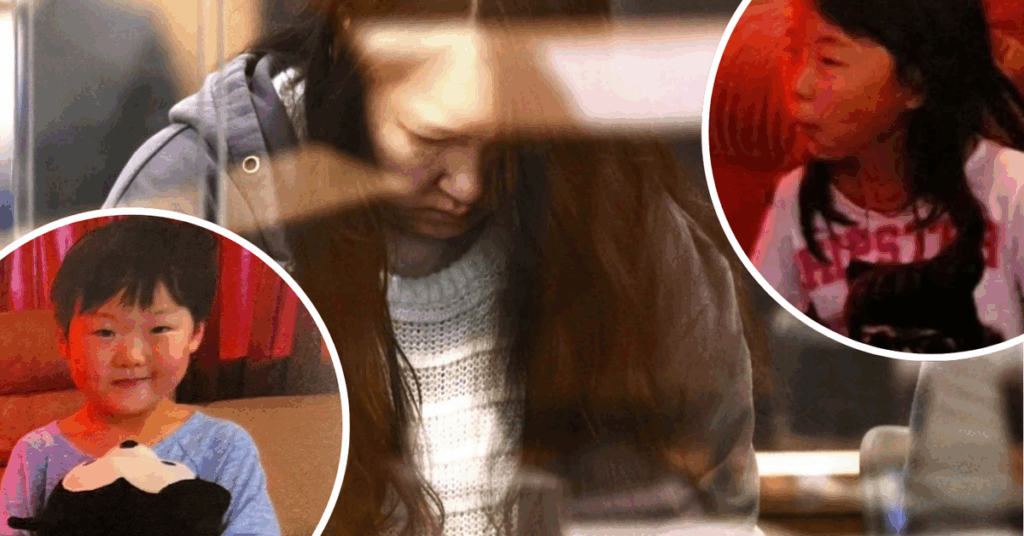
A New Zealand mother, Hakyung Lee, has been found guilty of murdering her two children and concealing their bodies in suitcases left in a South Auckland storage unit. The jury rejected her defense of insanity after deliberating for just over three hours.
Lee, who had been attending the trial remotely, appeared in person as the verdict was read. Justice Geoffrey Venning convicted her and remanded her in custody, with sentencing scheduled for November 26. Mental health reports have been requested ahead of the sentencing hearing.
Tragic Discovery and Background
The bodies of Minu Jo, aged 6, and his sister Yuna Jo, aged 8, were discovered in August 2022 by a couple who had won an auction for the contents of the Papatoetoe storage unit. Lee, who had previously gone by the name Ji Eun (Jasmine) Lee, admitted to administering the antidepressant nortriptyline to her children before placing their bodies in suitcases and fleeing to South Korea in 2018.
Lee’s defense argued that her actions were the result of a severe mental health crisis triggered by her husband’s cancer diagnosis in 2017. They claimed that her mental state had deteriorated to the point of insanity, rendering her not guilty by reason of insanity.
The Legal Battle
During the trial, Justice Venning instructed the jury to focus on whether Lee was legally insane at the time of the murders. For the defense of insanity to be accepted, the jury needed to believe that Lee was suffering from a major depressive episode that constituted a disease of the mind and that she was unaware of the moral wrongfulness of her actions.
Crown Prosecutor Natalie Walker countered the defense’s claims by arguing that Lee’s actions were calculated and deliberate. Walker highlighted that psychiatrist Dr. Erik Monasterio acknowledged Lee’s depression but did not find it severe enough to constitute a legal defense of insanity.
“However unthinkable her actions and killing her children were, you may think there was a cold calculation in them… showing ruthless rationality of action,” Walker stated during the trial.
Expert Testimonies and Defense Arguments
The defense, led by standby counsel Lorraine Smith and Chris Wilkinson-Smith, emphasized Lee’s mental fragility. Smith argued that Lee’s mental illness led to her actions, describing her as a woman who had lost her faith and descended into madness after her husband’s death.
Psychiatrist Dr. Yvette Kelly, called upon by the defense, found that an insanity defense was applicable to Lee. Smith urged the jury to consider Lee’s mental state and return a verdict of not guilty by reason of insanity.
“She has come to this case simply at the request of the court… she did not expect to find insanity but when she dug deeper… found a principled basis on which she could find insanity,” Smith said, referencing Dr. Kelly’s findings.
Implications and Next Steps
The jury ultimately sided with the prosecution, concluding that Lee was of sound mind when she committed the murders. The case has drawn significant attention, highlighting the complexities of mental health defenses in criminal trials.
As the legal proceedings continue, the case raises broader questions about the support systems available for individuals experiencing severe mental health crises and the legal thresholds for insanity defenses. Lee’s sentencing in November will likely bring further scrutiny to these issues.
This article originally appeared on Stuff and is republished here with permission.







